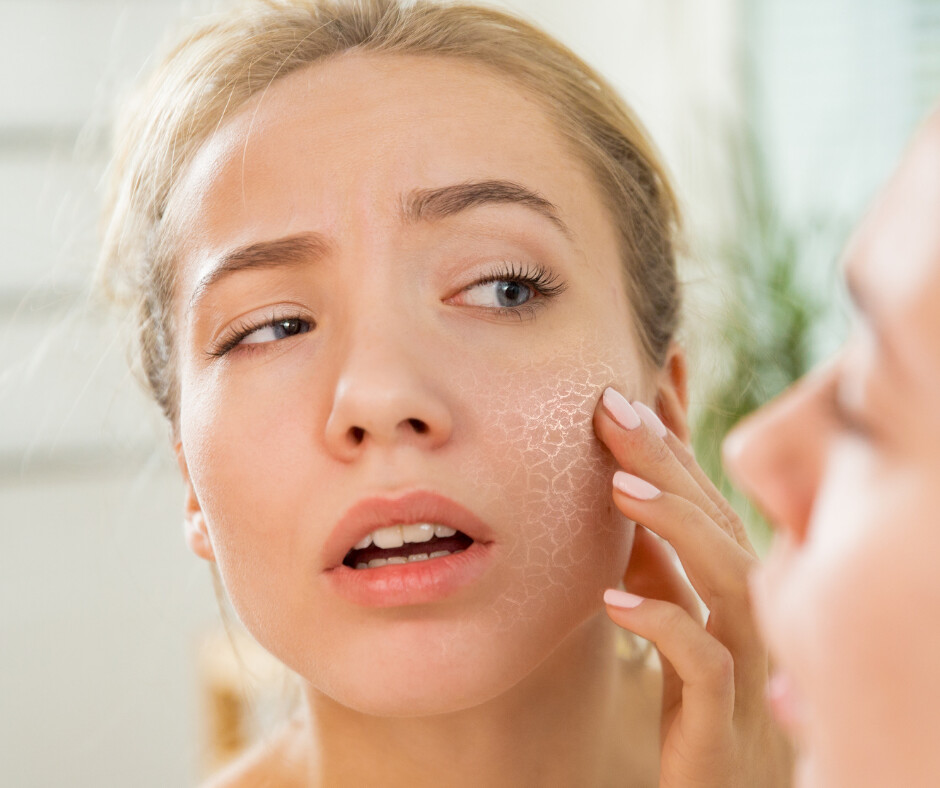
Rosacea is characterized by a red flush face, especially in the cheeks and nose. It is a fairly common condition that affects up to 10% of the population. The symptoms can be a mild redness or when it is more severe, it can include swelling, spider veins, bumps, dry itchy skin, and raised patches called plaques. It is similar to other skin conditions such as psoriasis and eczema, and has inflammation at the core. The cause is generally unknown, but there are some commercially prepared solutions, as well as natural remedies that can help.
Manage Stress
Rosacea can become worse when you are stressed. And at the same time, it can be stressful to have a rosacea flare up. The end result of stress is inflammation. Finding ways to manage stress is critical. Look for things that bring you joy. Being in nature, visiting with family or friends, listening to soothing music, yoga, meditating, etc.
Skin Lotions
You may be tempted to not use a lotion or cream when you have a flare up, but some herbal treatments are anti-inflammatory. Using plants for healing the skin has been done for centuries. Look for organic natural products that contain ingredients such as aloe vera, witch hazel, rose water, chamomile, and skin friendly essential oils. Raw honey has also traditionally been used to heal the skin. You can use it directly on your skin and rinse it off when you are ready.
Supplements
Any herb that is anti-inflammatory could be helpful for reducing the appearance of rosacea. Some of the most widely studied include ginger, turmeric, cinnamon, garlic, clove and black pepper. Not only are these helpful for inflammation, but they can help balance the gut flora. Vitamin A is most commonly associated with supporting good vision But it is integral to our immune function, and plays a powerful role in skin, hair and nails. Zinc is another vitamin that is essential to the proper function of your skin, and can be found in many foods such as pumpkin seeds, oysters and beef. Niacinimide, or vitamin B3, may help calm the skin and help the function of your skin barrier at the same time.
Food Sensitivities
Your skin is ultimately a reflection of your overall health. It is affected by how well you digest food, food sensitivities or allergies, hormones, sleep and more. Identifying food sensitivities or allergies is important for everyone's health, but especially for those with symptoms of inflammation. Some of the most common sensitivities are gluten, nuts, shellfish/seafood, dairy, soy, eggs and corn. You can keep a food log to see if there is a food trigger that makes your skin worse. Or you can do an elimination diet to find sensitivities. Other foods that increase inflammation are caffeine, sugar, and fried and highly processed foods.
Healthy Diet
Avoid the foods mentioned above and focus on nutrient-dense anti-inflammatory foods. This includes leafy greens, such as kale, spinach, and collard greens. Non-starchy vegetables, such as cucumber and celery, are also good. Avoid foods that quickly turn to sugar in your body and look for low-glycemic index fruits, such as berries and lemon. Healthy fats are excellent anti-inflammatories. This includes avocados, organic ghee and butter, coconut oil and olive oil. Your body needs protein to heal. Just make sure it is high quality protein, such as organic grass-fed beef, pasture-raised poultry, wild-caught fish, and wild game. Organic nuts and seeds are great source of fiber and healthy Omega-3 fatty acids. Green tea is a powerful anti-oxidant and supports the body in many ways, including helping to reduce inflammation of the skin.
Did this help you? If so, I'd greatly appreciate it if you commented and/or share it on social media.

Email: sharonledwards@hotmail.com
Facebook: https://www.facebook.com/sharonledwardsbiz/




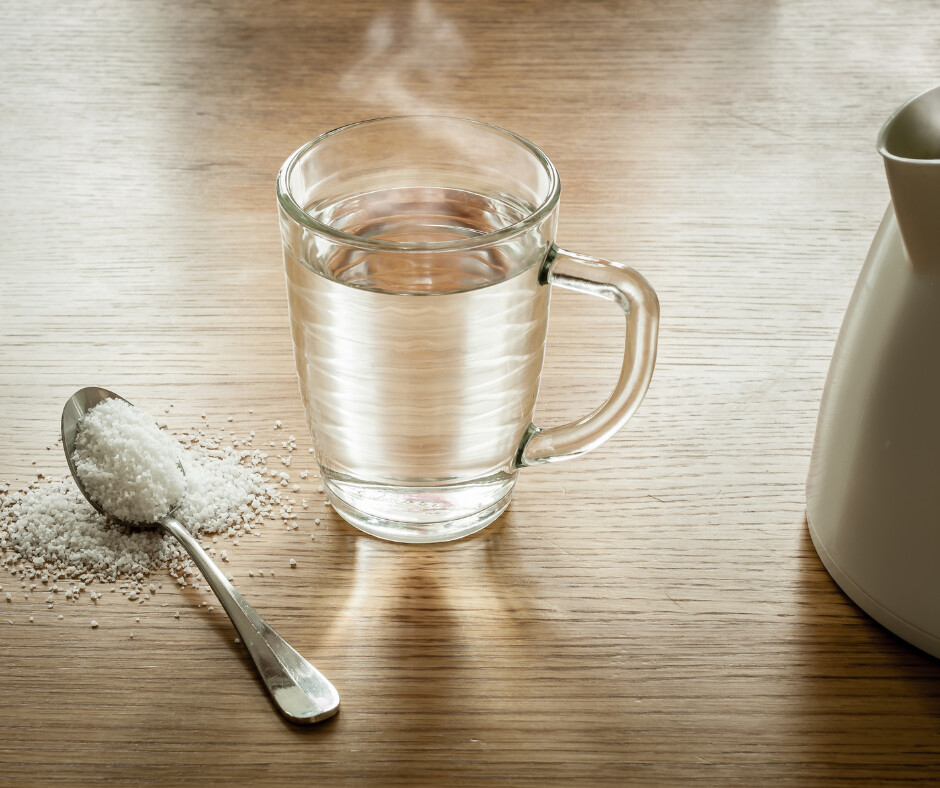

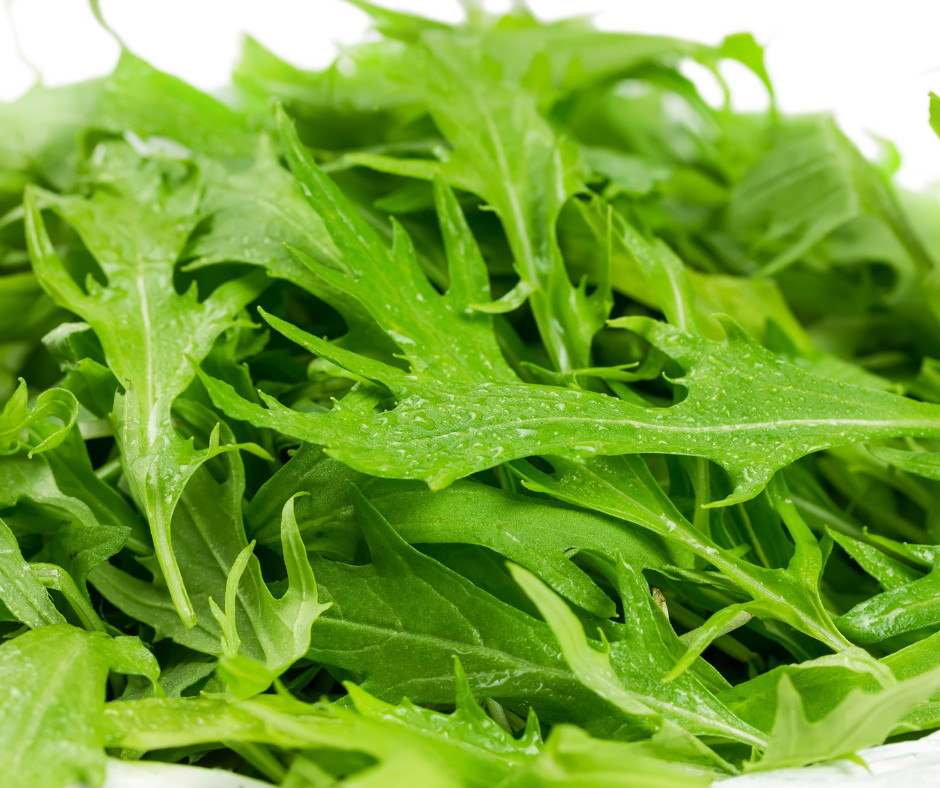
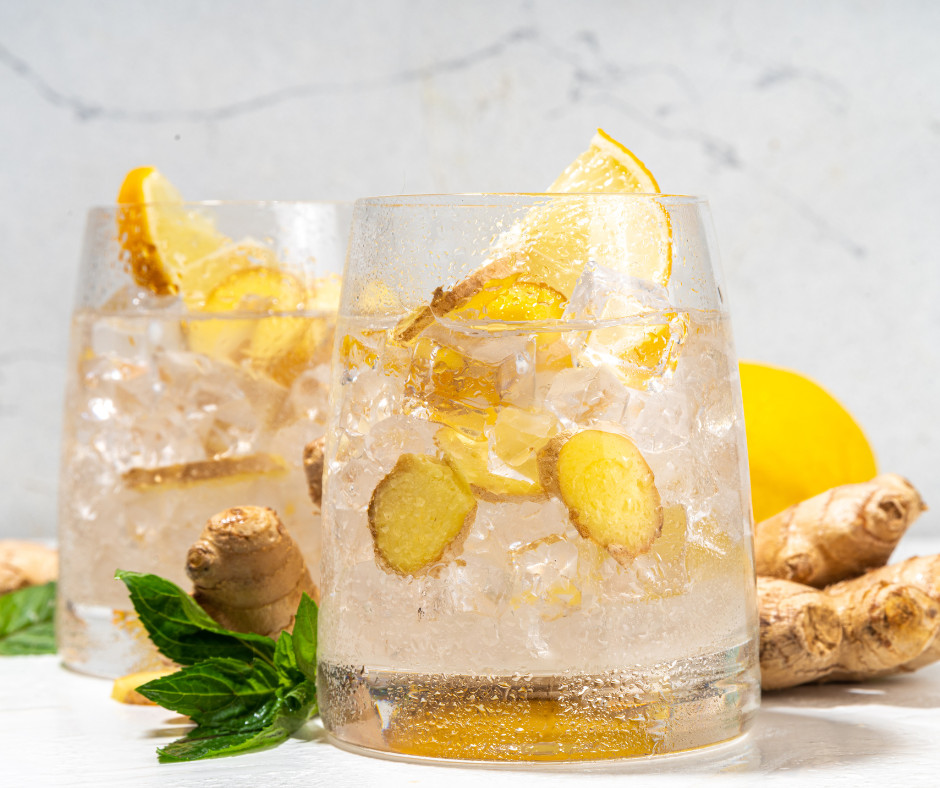
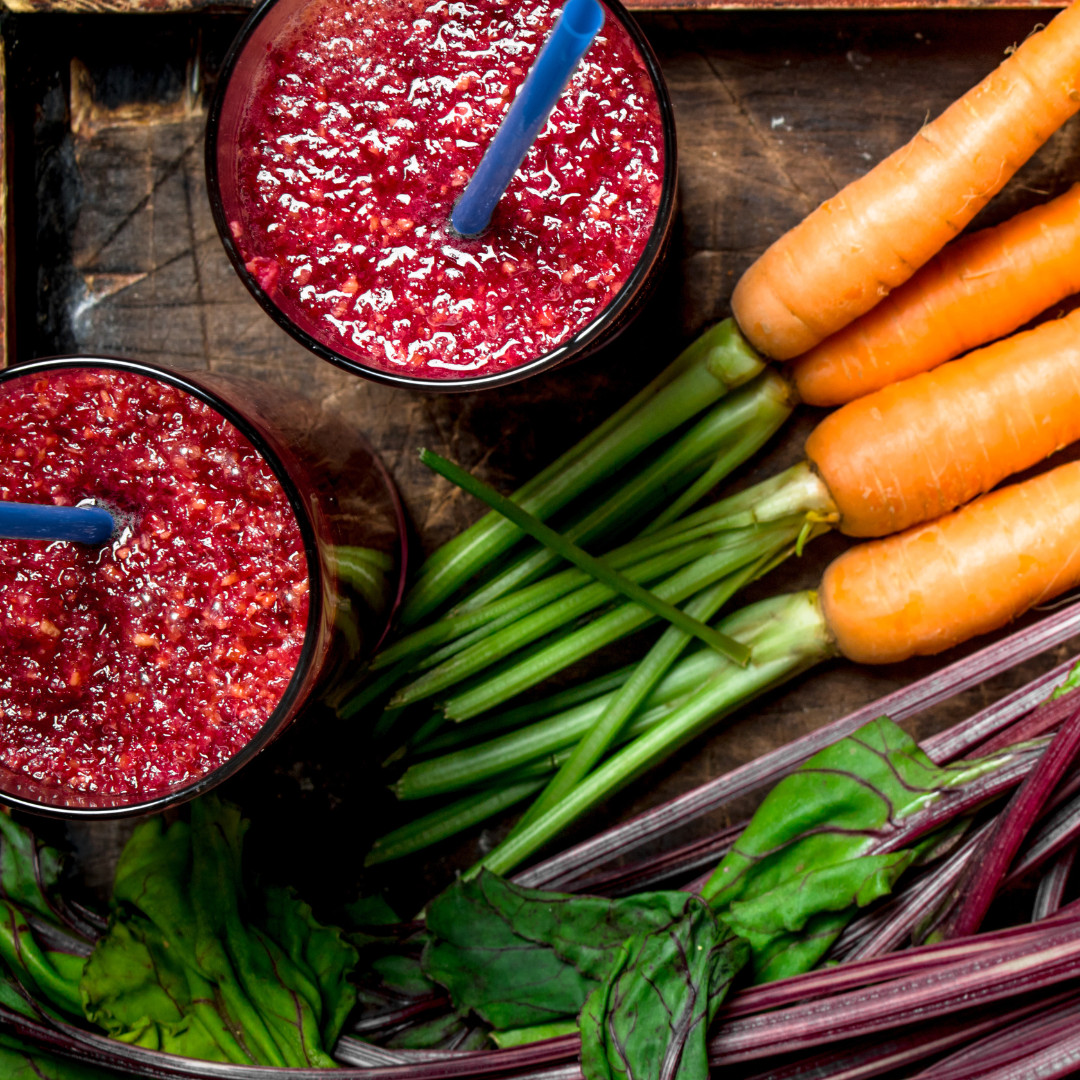

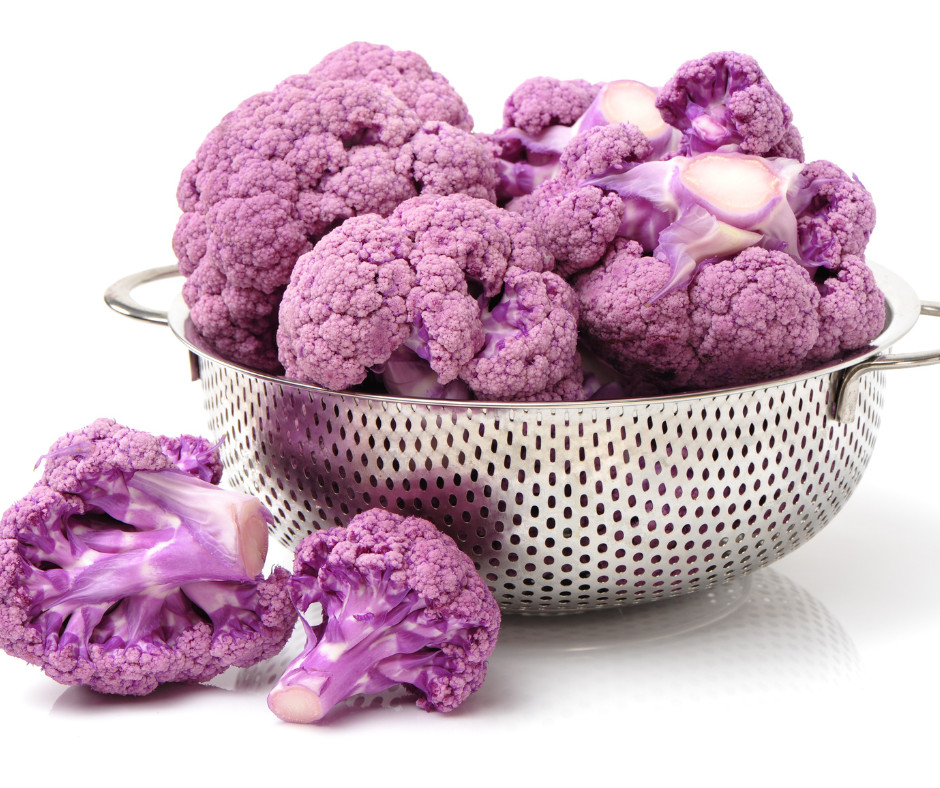
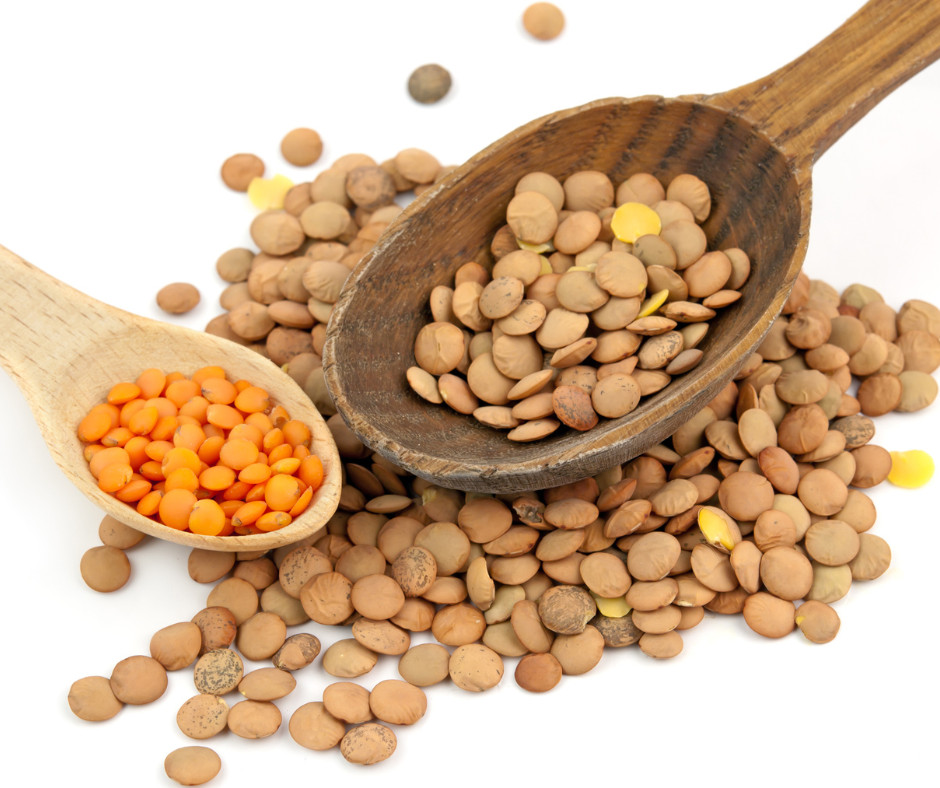
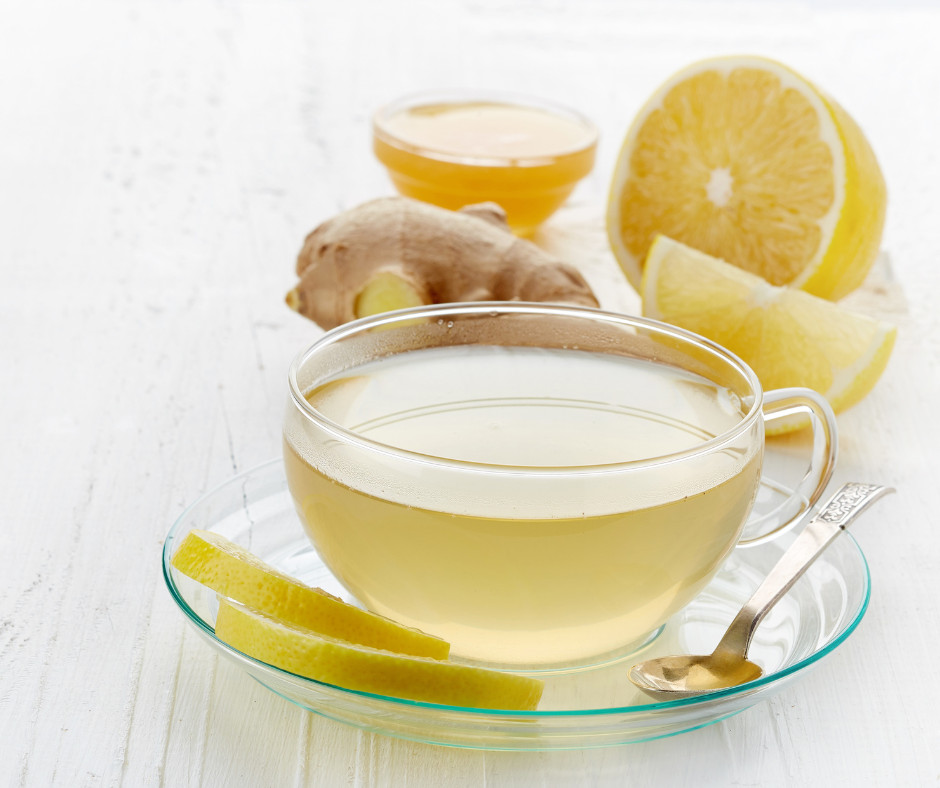





0 Comments